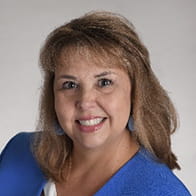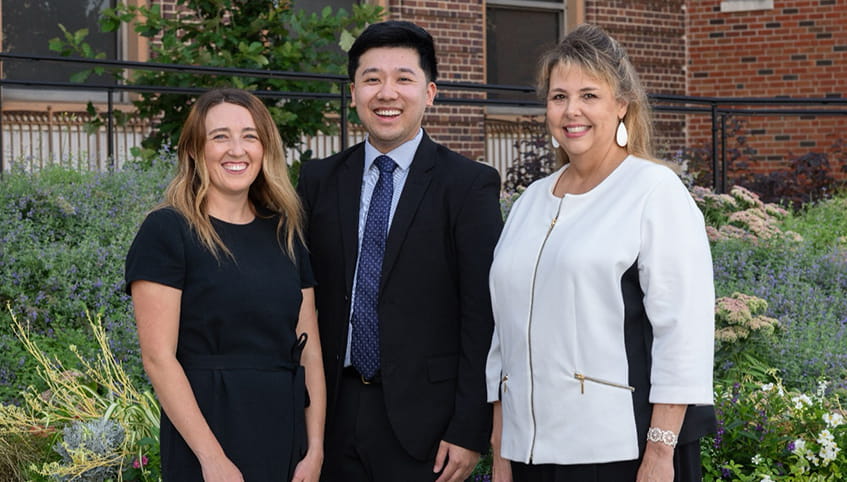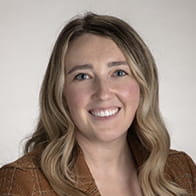- Home
- Professionals
- Residency Programs and Fellowships
- Pharmacy Residency
- Pharmacy Residency in Kansas City
- Medication-Use Safety and Policy Pharmacy Residency



The University of Kansas Health System offers a 25-month residency program specializing in medication-use safety and policy (MUSP). This program is designed to provide a strong clinical experience and allows residents to play an integral role in ensuring the appropriate, safe and cost-effective use of medications for health system patients.
The first year is incorporated into the PGY1 pharmacy residency program, and PGY1/2 MUSP residents receive a certificate from the PGY1 pharmacy program after successful completion of the PGY1 year. The second year will build on the resident’s clinical knowledge by focusing on advanced training in safe medication-use practices and process improvement as a member of an interdisciplinary team focusing on patient safety and formulary management at the health system. The preceptors of this program provide more than 30 combined years of medication-use safety and policy experience, with 4 preceptors having successfully completed accredited MUSP residencies.
The resident will gain experience in the following methodologies:
Refer to the PGY1 Pharmacy Residency for details on the PGY1 year. The PGY2 medication-use safety and policy residency program is tailored to the interests and career goals of each resident.
Elective rotation options include:
PGY2 residency programs build upon a Doctor of Pharmacy (PharmD) education and PGY1 pharmacy residency training to develop pharmacist practitioners with knowledge, skills and abilities as defined in the educational competency areas, goals and objectives for advanced practice areas. Residents who successfully complete PGY2 residency programs are prepared for advanced patient care or other specialized positions and board certification in the advanced practice area, if available.

Joann L. Moore, RPh, DPLA
(she/her/hers)
Manager, Medication-Use Safety and Quality

Amanda Grady, PharmD, BCPS, DPLA
(she/her/hers)
Coordinator, Drug Information/Policy

Hometown: Brooklyn, NY
Pharmacy school: University of North Carolina
PGY1: The University of Kansas Health System
Clinical interests: Formulary management, medication safety, specialty pharmacy
Hobbies: Trying out new local restaurants, going on long walks with my 3 dogs, browsing farmers markets and getting lost in true crime podcasts
PGY1 Research project: Clinical Utility and Economic Impact of Remimazolam for Procedural Sedation
Why I chose The University of Kansas Health System: I chose the health system for its strong learning environment, unique staffing model and the incredible support from both preceptors and leadership. I was looking for a program that would let me explore my interests in drug information, pharmacy informatics, medication safety and supply chain within a large, dynamic health system. During the interview process, I was drawn to the program’s emphasis on developing independent clinical pharmacists and its commitment to continuous innovation and advancement in pharmacy practice.
PGY1 year: Refer to PGY1 Pharmacy Residency.
PGY2 year: In the second year, the resident will staff approximately every 4th weekend in acute care pharmacy.
Application information: Refer to the ASHP Residency Program Directory for required application materials and due dates.
PGY2 Medication-Use Safety and Policy Supplemental Residency Manual
National Matching Services (NMS) code: 531577
We are an equal employment opportunity employer without regard to a person’s race, color, religion, sex (including pregnancy, gender identity and sexual orientation), national origin, ancestry, age (40 or older), disability, veteran status or genetic information.